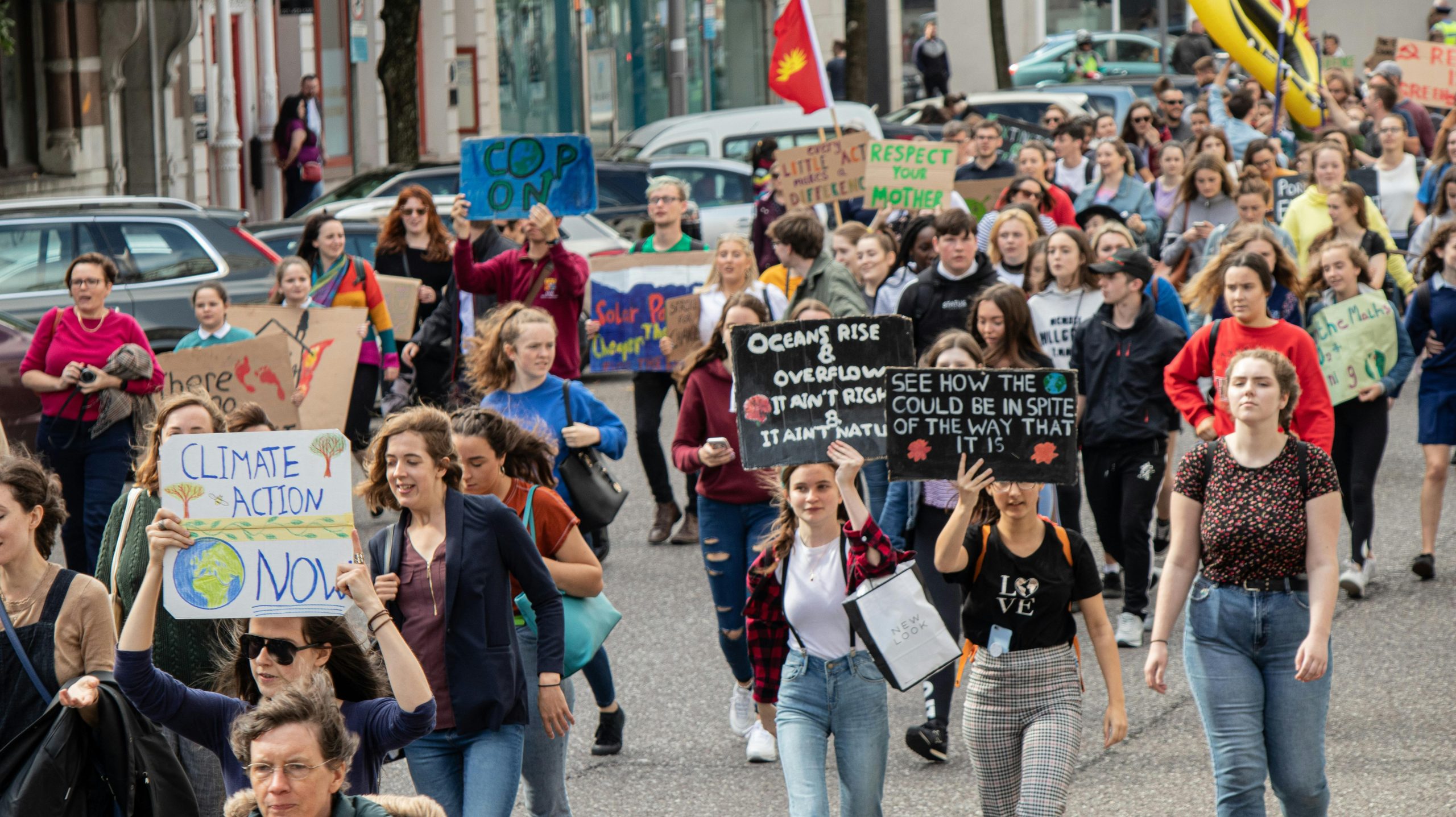
A story about mobilising civil disobedience as a tool for political change by Calum Macintyre, 30 yr, Scotland/Norway.
___
Calum is a snowboarder active in the outdoor community. He is passionate about nature and climate action. Calum is working with the Norwegian organisation Folk mot fossilmakta (People against fossil power) to engage more people in climate action.
___
It came to a breaking point in 2021 during the UN climate conference (COP26) in Glasgow. I did a bunch of talks around Norway for Protect Our Winters. I talked about how climate change would impact the winter season. I remember in the talk I had this line which was saying that if we go over two degrees of warming, then a billion people will face extreme heat stress. Then I was going on to say that the policies of COP26 were leading us to 2.7 degrees of warming. By the time I got to the last talk, I found it pretty hard to say that out loud in front of people.
And then my call to action was just like "write a letter to the bank to ask them to stop investing in fossil fuels." I think it was at that moment where I felt like surely I have to do more than this. That was when I started to try to understand the role that civil disobedience and civil resistance could play in the climate movement.
Civil disobedience is breaking the established norms in society to raise awareness and highlight something. Often for stuff we're doing, that involves breaking the law because it's a way to get attention and make people think.
In the summer, I was part of an action where we went through the fence at Gardermoen (the airport in Oslo) and sat down close to the runway. That's an extremely nerve-wracking thing to do. But it's just a way to make people think, especially people close to you. A lot of my friends, it really makes them think, because they start to wonder why you're willing to do that stuff.
When I first started getting involved in campaigns which use civil disobedience, it was really stressful and scary and weird to do it. But it's a bit like anything where if you do it a few times, it becomes kind of normal. So, for me now, going to court is just a part of the job. I have a court case coming up - I know how to prepare for it.
However, it's important to say that I'm a white guy from the UK, so civil disobedience is a lot easier for me to choose as a tool for action than many other people. Especially in Norway, where the fines are so high for doing civil disobedience. At the same time, I do think that we in global north countries have a massive responsibility to face up to the fact that we're not being thrown in jail for twenty years for protesting like they are in other countries.
During COP28 in 2023, I was in London joining a group listening to Louise Harris perform a song called “We Tried”. It was very powerful to be sitting in a small group of people outside the Prime Minister's house, listening to this song. Using music and culture to highlight issues in society is so powerful. You don't get the same feeling from anything else.
The song feels like a cry for help - it's almost like you get the sense that she's given up hope because it's speaking about things in the past tense, that we tried to do something. I think of that song as a song from the future - if we don't do anything, people will look back on us as a failing generation.
In the UK, climate activists have faced so much repression from the police. To be faced with loads of police running in and arresting us just for sitting there listening to this song - it made me really understand what a threat the authorities and our leaders feel the climate movement is. I'm like "holy shit, this stuff is serious." They wouldn't be putting in that much effort if they weren't a bit scared about people using civil disobedience as a tool for political change. It makes me quite inspired to do more.
A few years ago, all of our leaders wanted their picture taken with Greta Thunberg and you got the sense that things were perhaps changing. Now I really don't have that feeling at all. I feel like they're actively avoiding talking about anything to do with the climate.
It's clear to me that they're not going to fix things - they're not coming to save us. They're politicians and it's really up to regular people to step up and take action.



